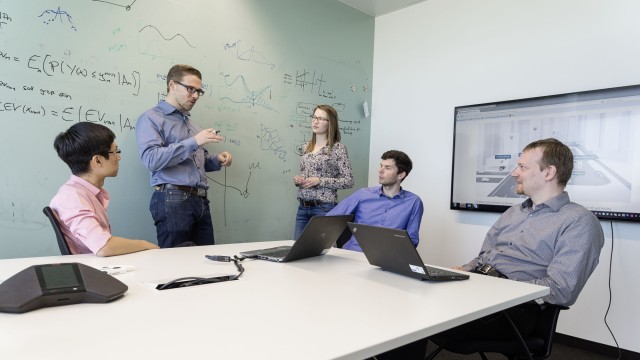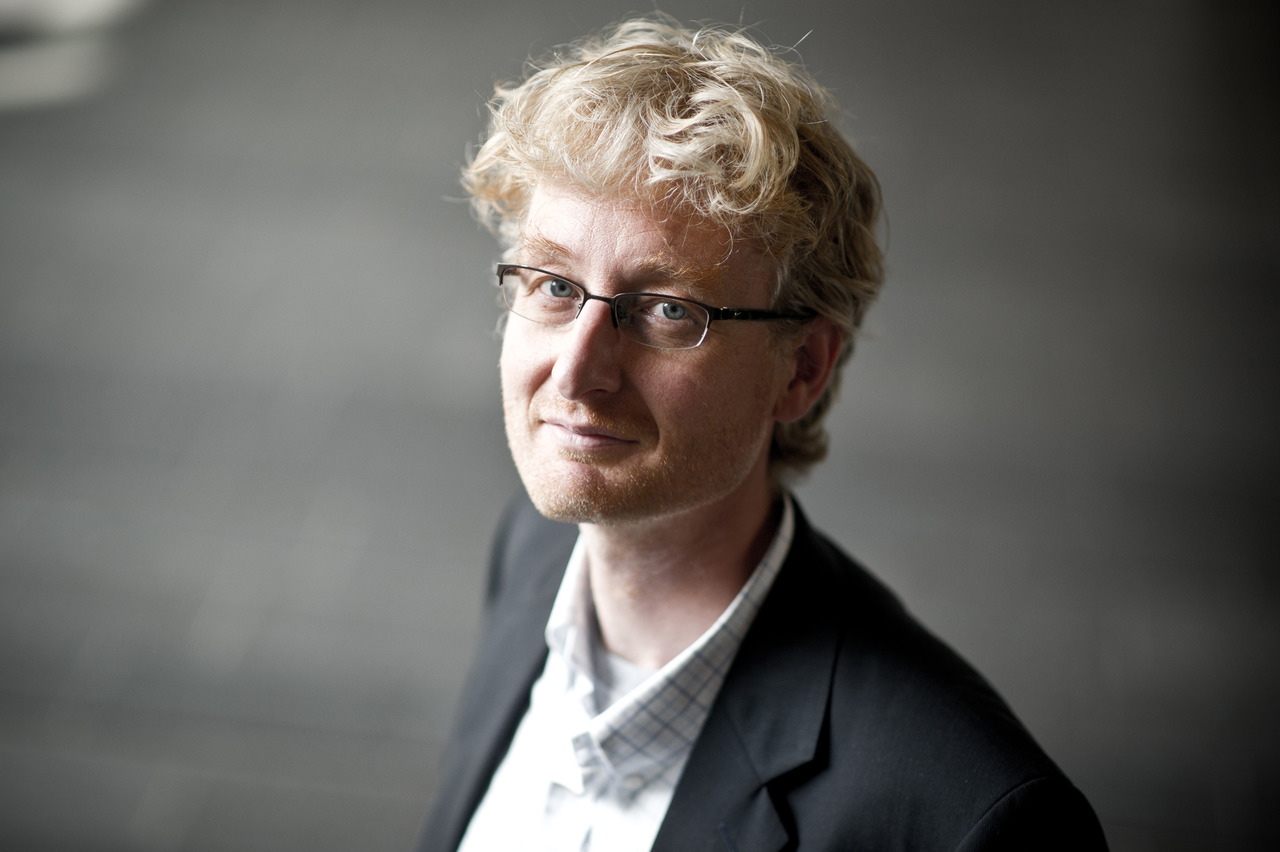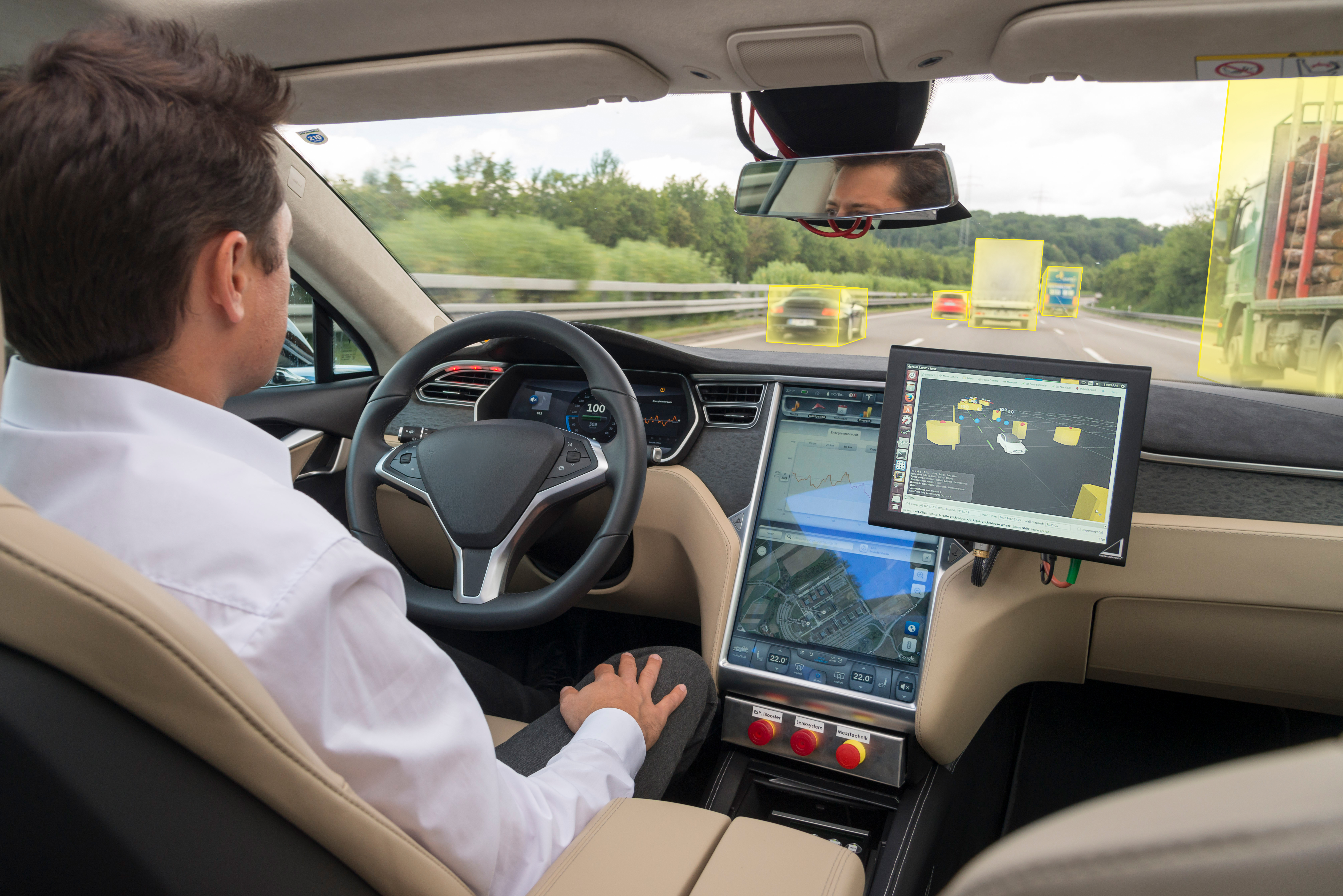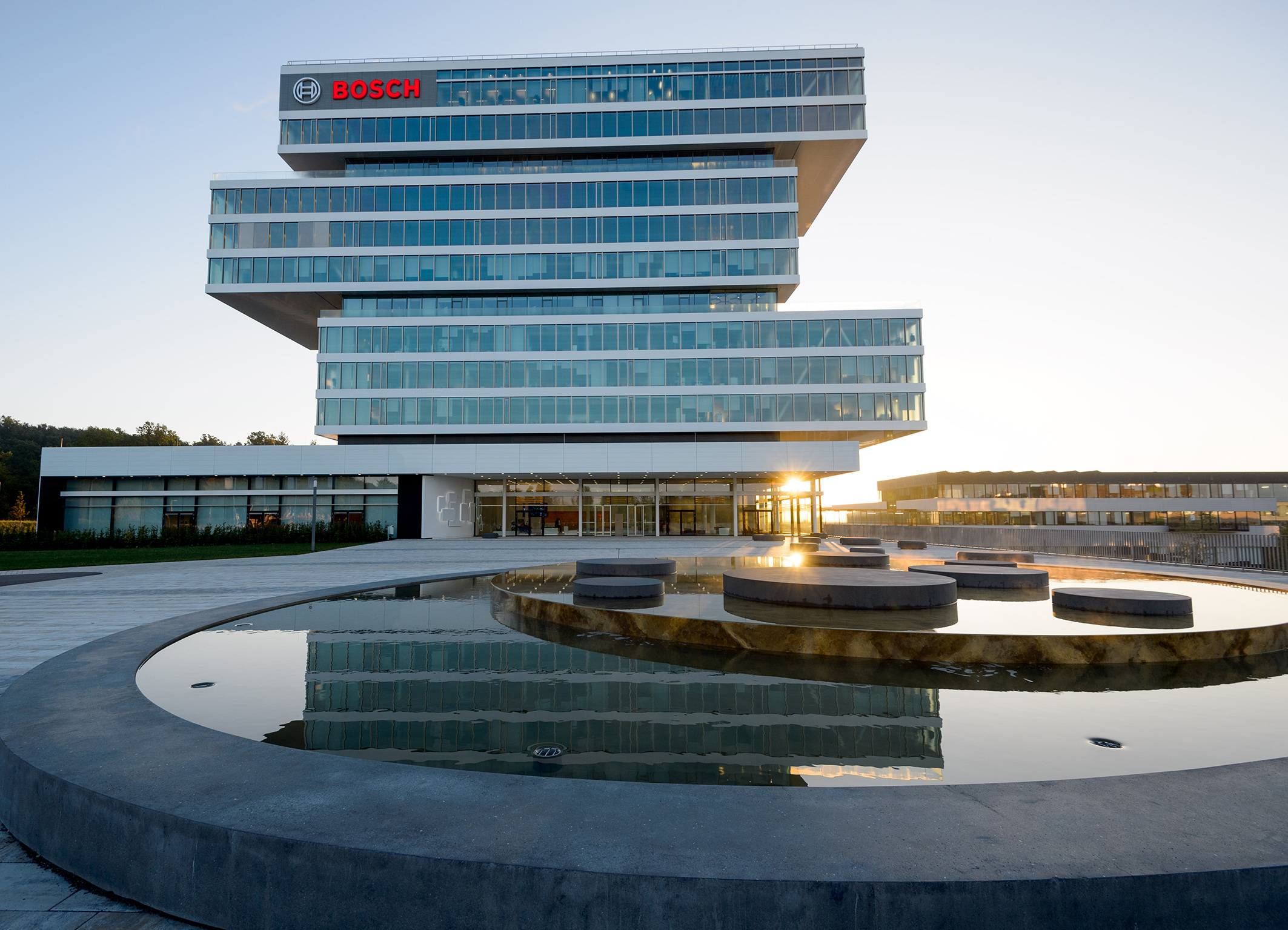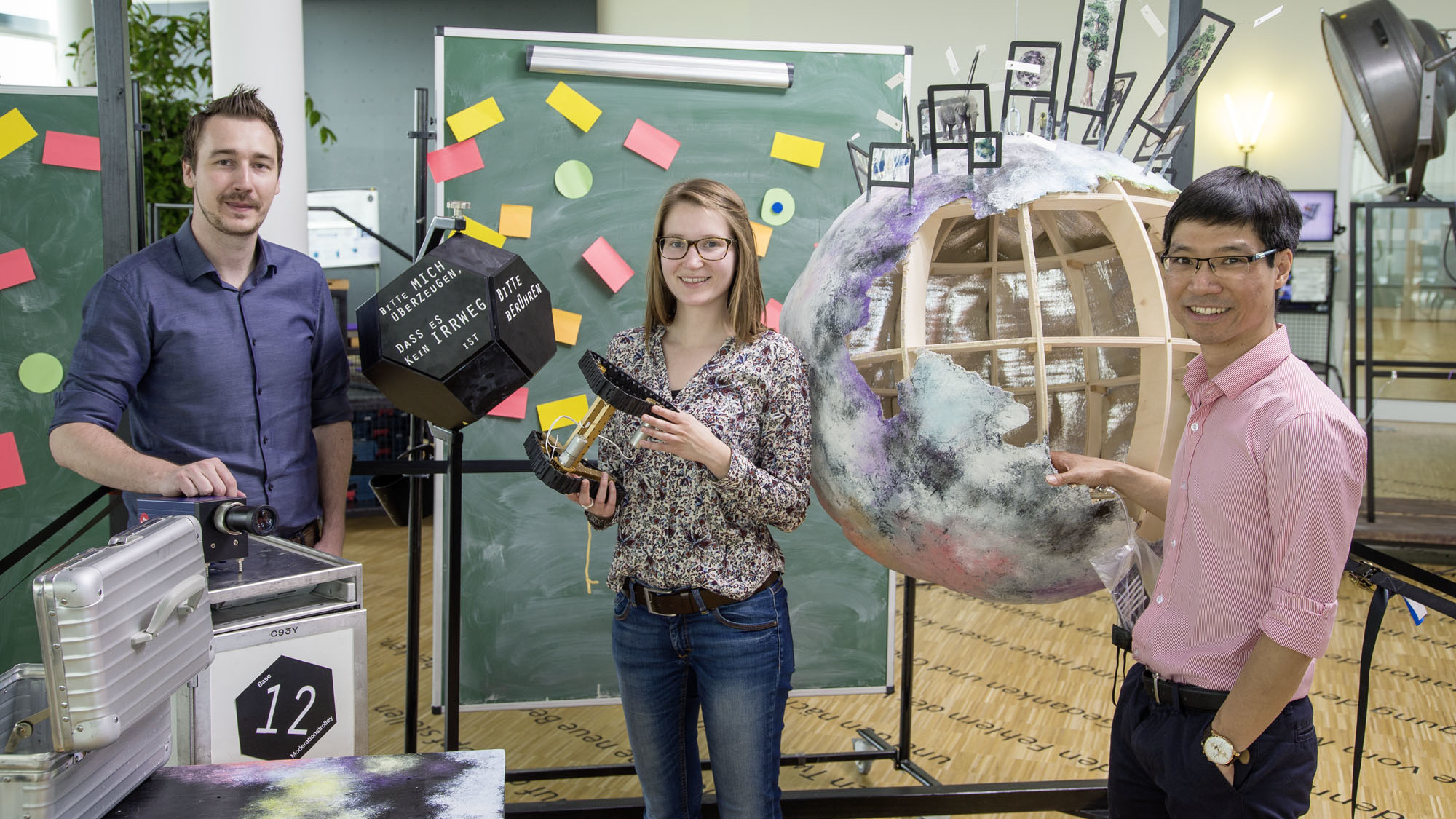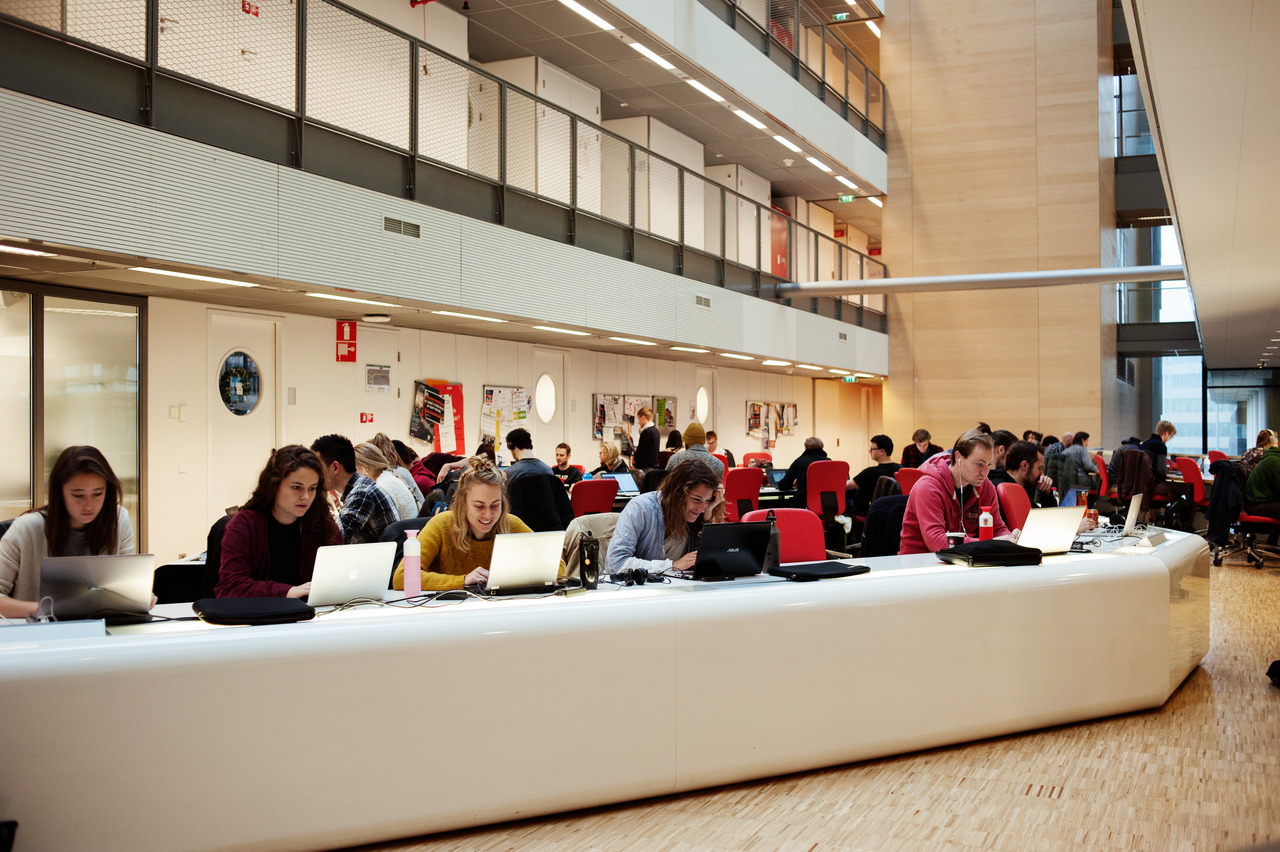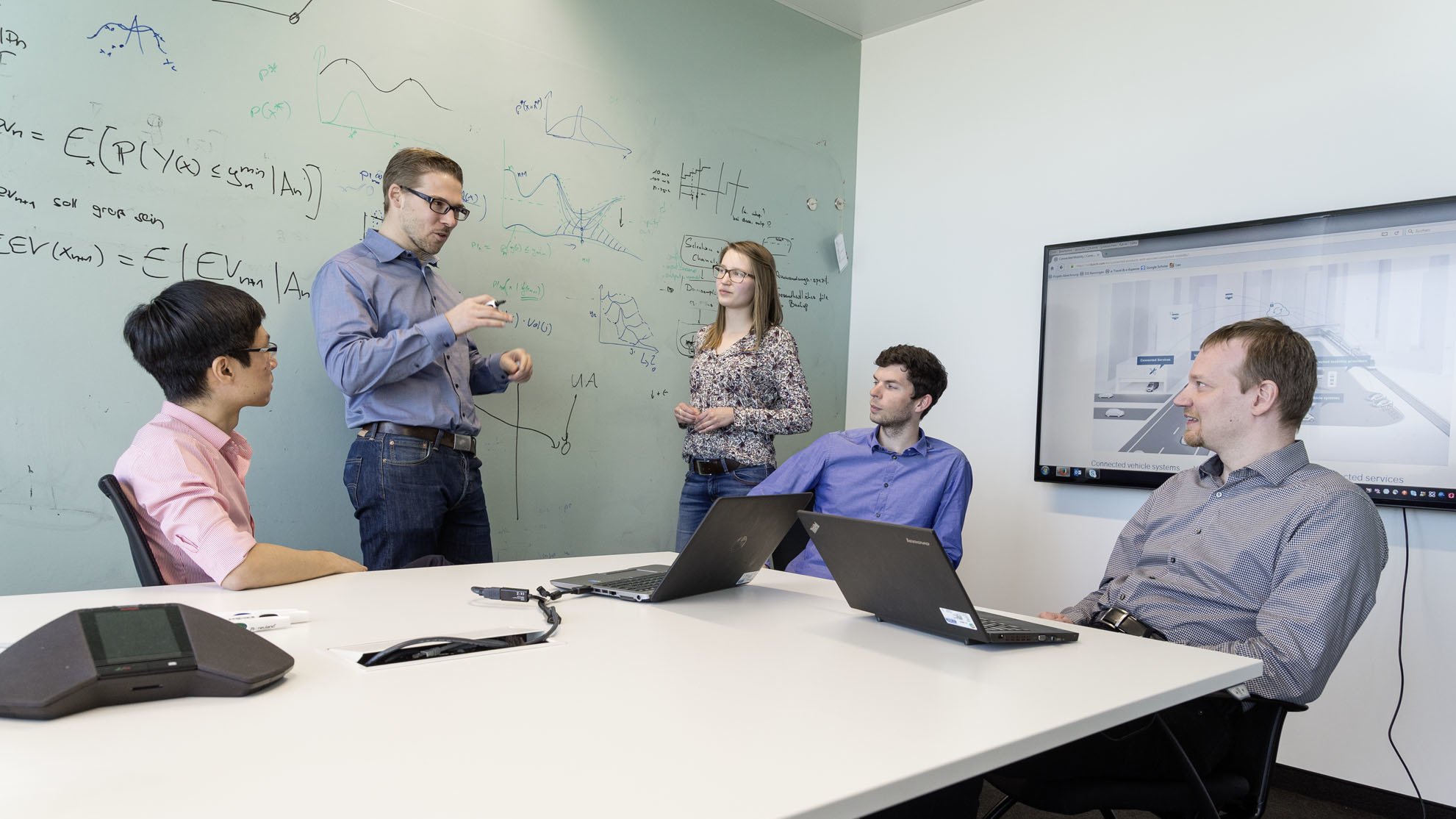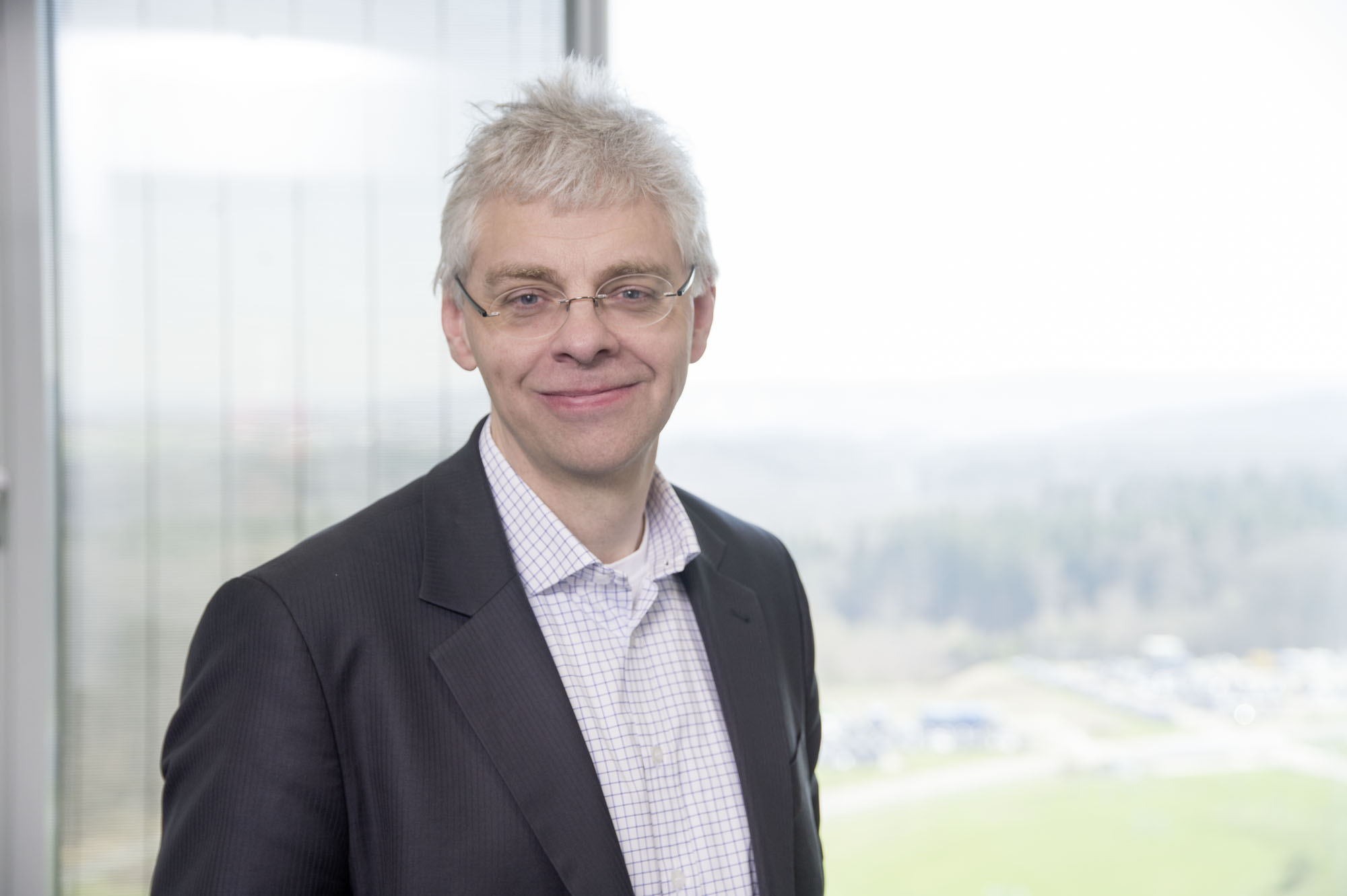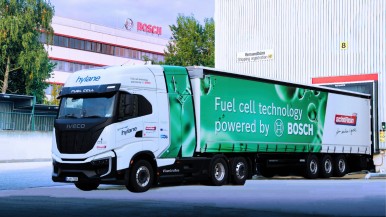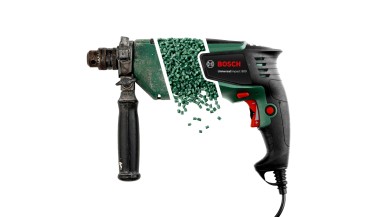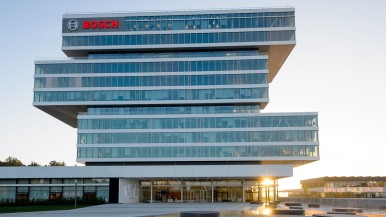Amsterdam, Netherlands/Stuttgart, Germany – Artificial intelligence is poised to fundamentally change the world: in the future, machines will be capable of autonomously learning from experience and acting on this basis. The foundation for this is deep learning. In the future, the University of Amsterdam and Bosch will cooperate closely in this field. To this end, the two partners have announced a research alliance in Amsterdam. Known as Delta Lab (“Deep Learning Technologies Amsterdam”), the alliance aims to promote regular professional exchange and knowledge transfer. In this way, Bosch is further expanding its expertise in the field of artificial intelligence. Over the next four years, the company will make a total of 3 million euros available to support the research of ten PhD students and postdoctoral fellows at the University of Amsterdam.
These young scientists will work closely with researchers from the Bosch Center for Artificial Intelligence at the Renningen research campus. In return, Bosch will send associates to work on joint scientific projects at the University of Amsterdam. “Industrial basic research in the field of artificial intelligence benefits from close contact with academic institutions,” says Dr. Michael Bolle, head of research and advance engineering at Bosch. “I’m very much looking forward to working with Professor Max Welling and his team from the University of Amsterdam. Worldwide, he is one of the leading names in the field of deep learning.”
